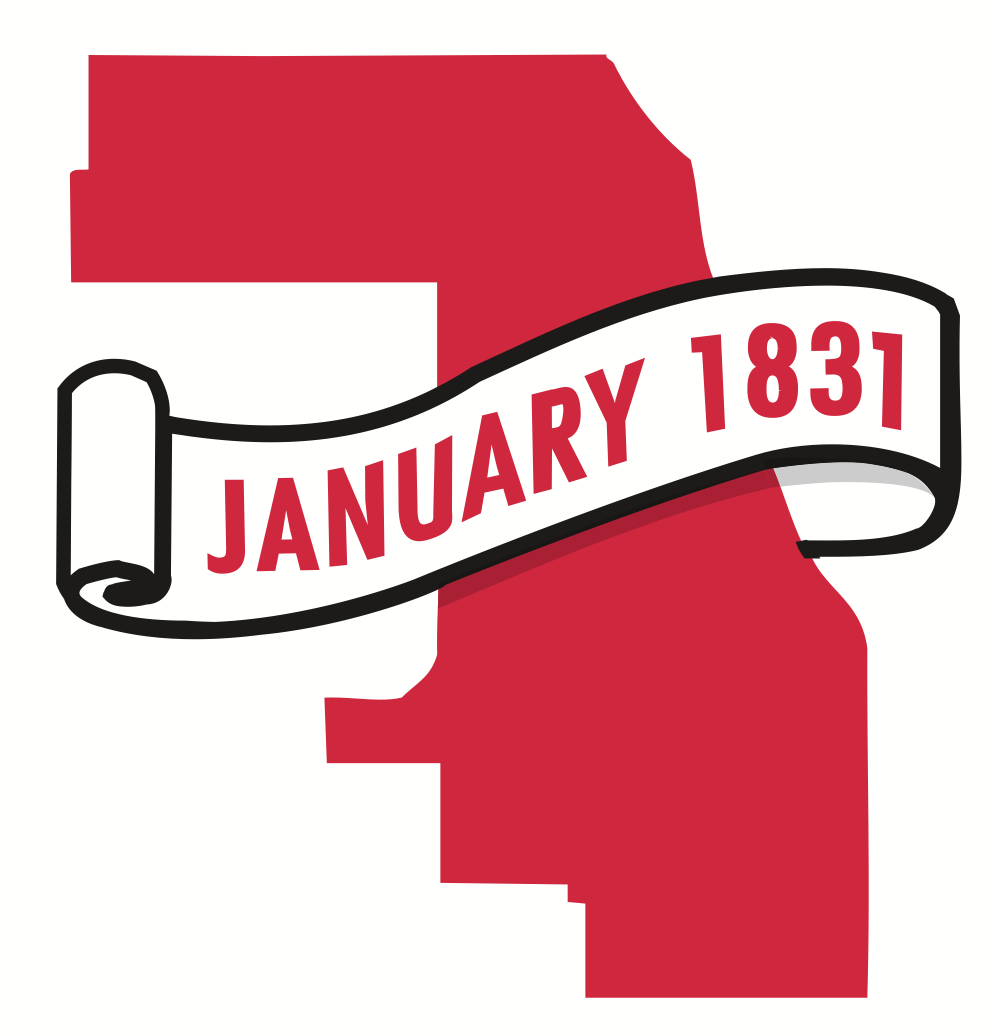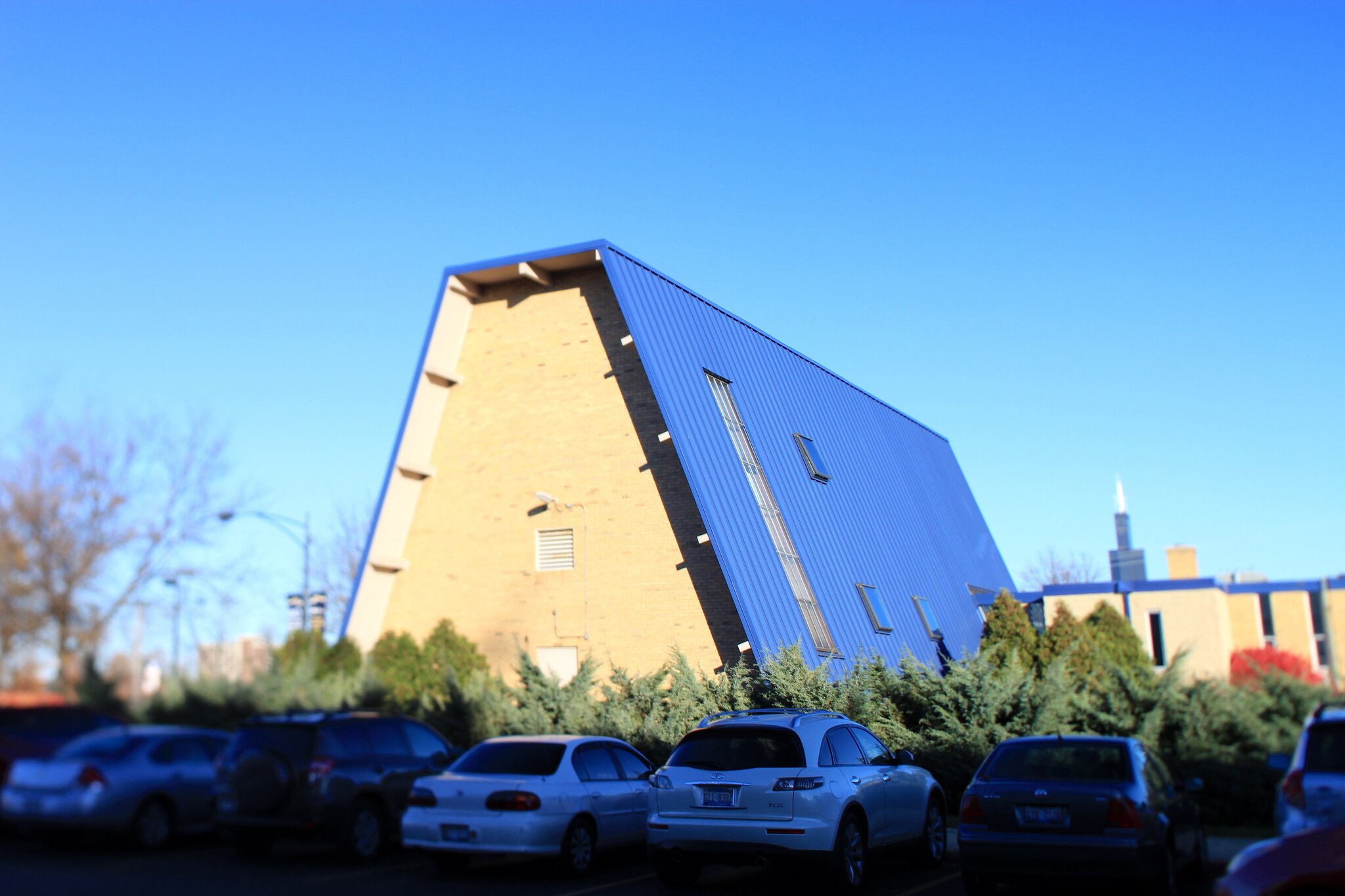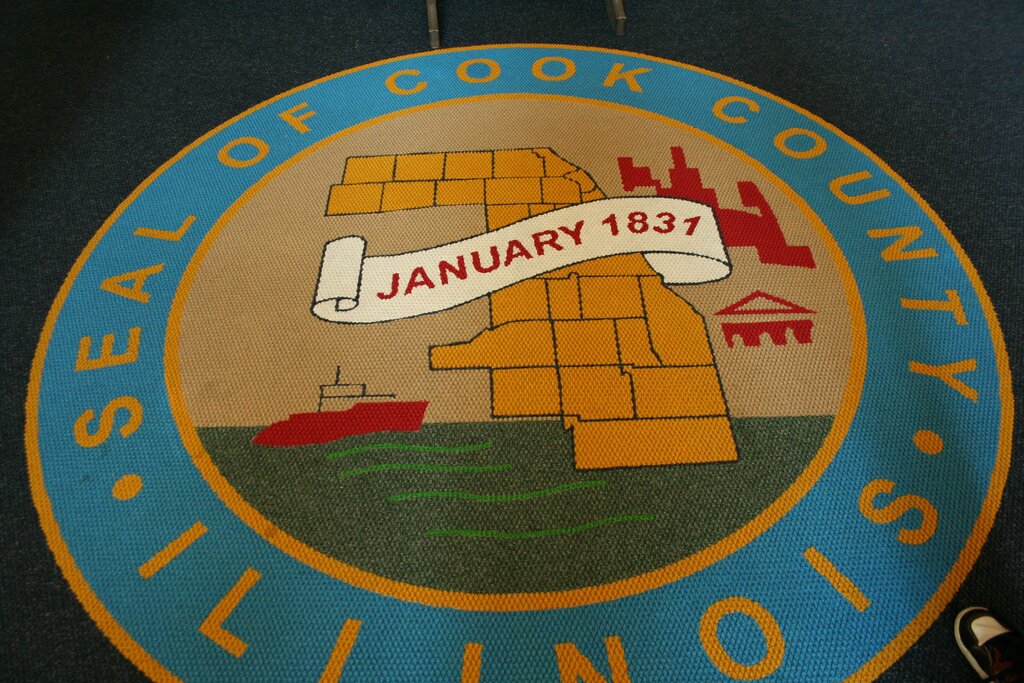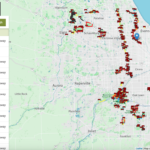The Smart Chicago Collaborative has a partnership with the Cook County Bureau of Technology to assist them in the creation and publication of open data in the context of the County’s Open Data Ordinance and Open Government Plan.
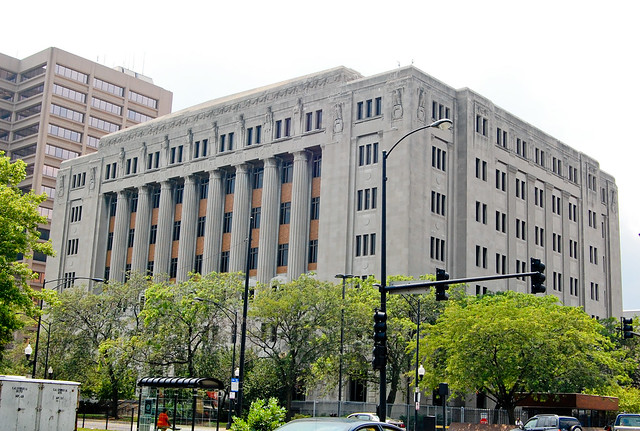
It’s been about six months since the start of the project, and so we wanted to check back in at the progress that’s been made.
Since March, there have been fifty datasets released on the portal. We wanted to feature three of them and point out something that we think is pretty major.
With the addition of Kalov Strategies, Cook County government now has a direct point of contact when people have questions about cook county data. We’ve long been big believers that one of the biggest reasons that the City of Chicago’s data portal has been so successful it that it’s very easy to get in touch with the people who run the data portal.
Here’s a nice, informal exchange that illustrates how Kalov has been helpful:
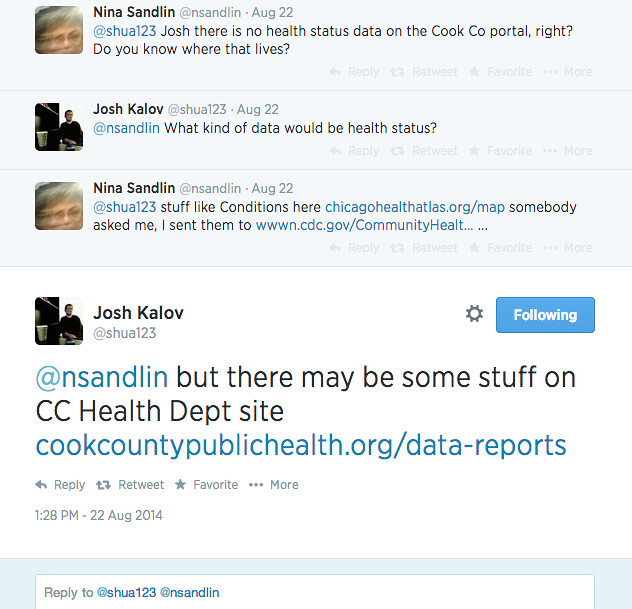
Kalov is a regular attendee at the OpenGov Hack Nights and makes himself available for questions that people may have about the data portal in addition to his role as a co- leader for the education breakout group.
Having people available to ask questions about the portal and the availability of government data is massively important and that’s been accomplished in a very big way.
Cook County Check Register
One of the most useful data sets is the Cook County Check Register. The check register provides a cumulative record of payments to County suppliers, vendors and other payees as approved by the Cook County Board of Commissioners. Currently, the data covers December 2009 through March 2014.
You can use the data portal to find any vendor that does business with the county. You can also look up vendor information by service area. This data was available on the county’s old site, but the County was able to retire it when relaunching cookcountyil.gov because Josh helped get Check Register data up to date and set up default filter/search options.
This registry has data that is ripe for civic app makers to dive into!
Medical Examiner – Burial Locations
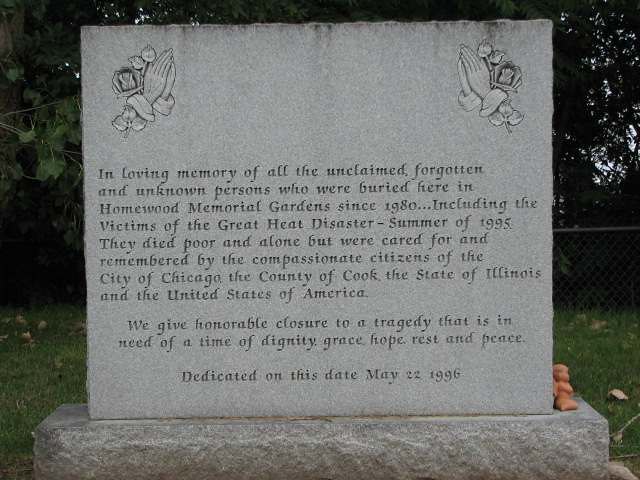
Homewood Memorial Gardens
The next dataset we want to feature is from the Cook County Medical Examiner. This data set lists the final disposition sites of the indigents buried by the Cook County Medical Examiner’s Office. Currently, there are two places where this happens. Homewood Memorial Gardens Cemetery (which provides Latitude and Longitude coordinates for burials) and Mount Olivet (which provides Grave, Lot, and Block locations.)
The data set provides the name, age, sex, race, date of death, and case number for each person buried by Cook County.
Previously, burial locations data was listed in a plain HTML table on a webpage. When Cook County switched over to the new website, Cook County thought it would be a good time to switch this information to the data portal. Kalov was connected to the Cook County Medical Examiner’s office where he helped set up the tables for the data set. He then educated the Medical Examiner’s office on how to upload data to the portal and made the first initial upload.
Address Points for City of Chicago and Suburban Cook County
The last datasets we wanted to feature are the address points for both the City of Chicago and Suburban Cook County. The Address Point datasets feature class contains one or more point for each parcel in Cook County that has, within its boundary, an observable, physically addressable structure.
This may not seem a like that big of a deal. However, parcel data is the key piece to all kinds of data that exists about Chicago. For example, the largelots.org site uses this data to help users find parcels of land that can be purchased by neighbors for just a dollar. This is possible because this dataset gives the PIN number for that address. The PIN number gives you access to an enormous amount of information. There are also numerous pieces of information that help the user link it with other data sets including the data points the US Postal Service uses to identify addresses.
The Cook County GIS department had been loading parcel data into the data portal since December as part of the county’s Open Data Policy. After meeting with Kalov, Kalov suggested that they released address points based on feedback from the community. Kalov conducted quality control on the data and the address points were released onto the portal.
Not done by a long shot
Our current contract with Cook County is for two years. A lot the work that Kalov Strategies has been doing is education and figuring out where the low-hanging fruit is. The next step is to start automating the data sets. This means that in the near future, you’re going to see a lot more data being rolled out from the County Building. Smart Chicago’s excited to be a part of this and we look forward to more open data!

